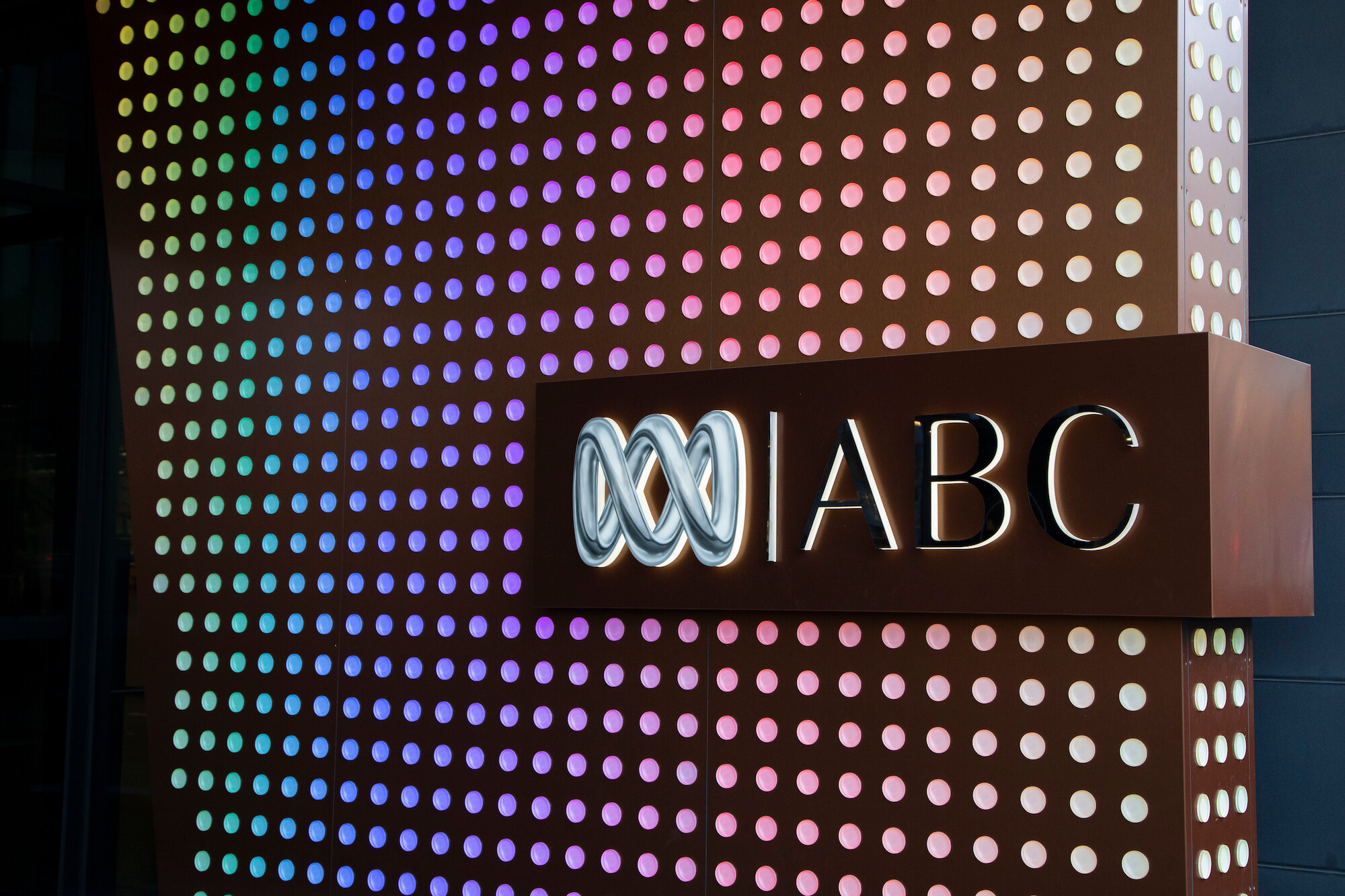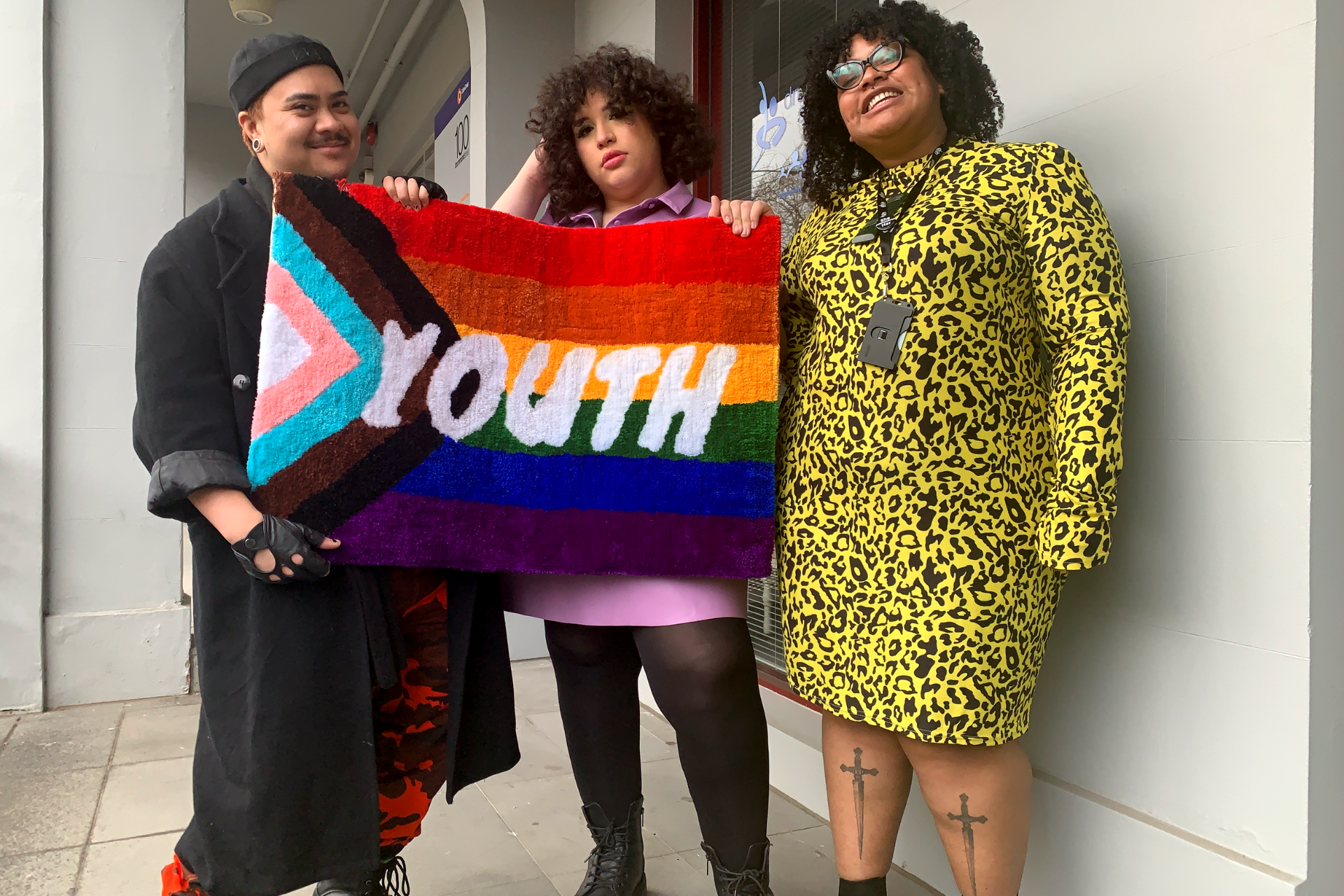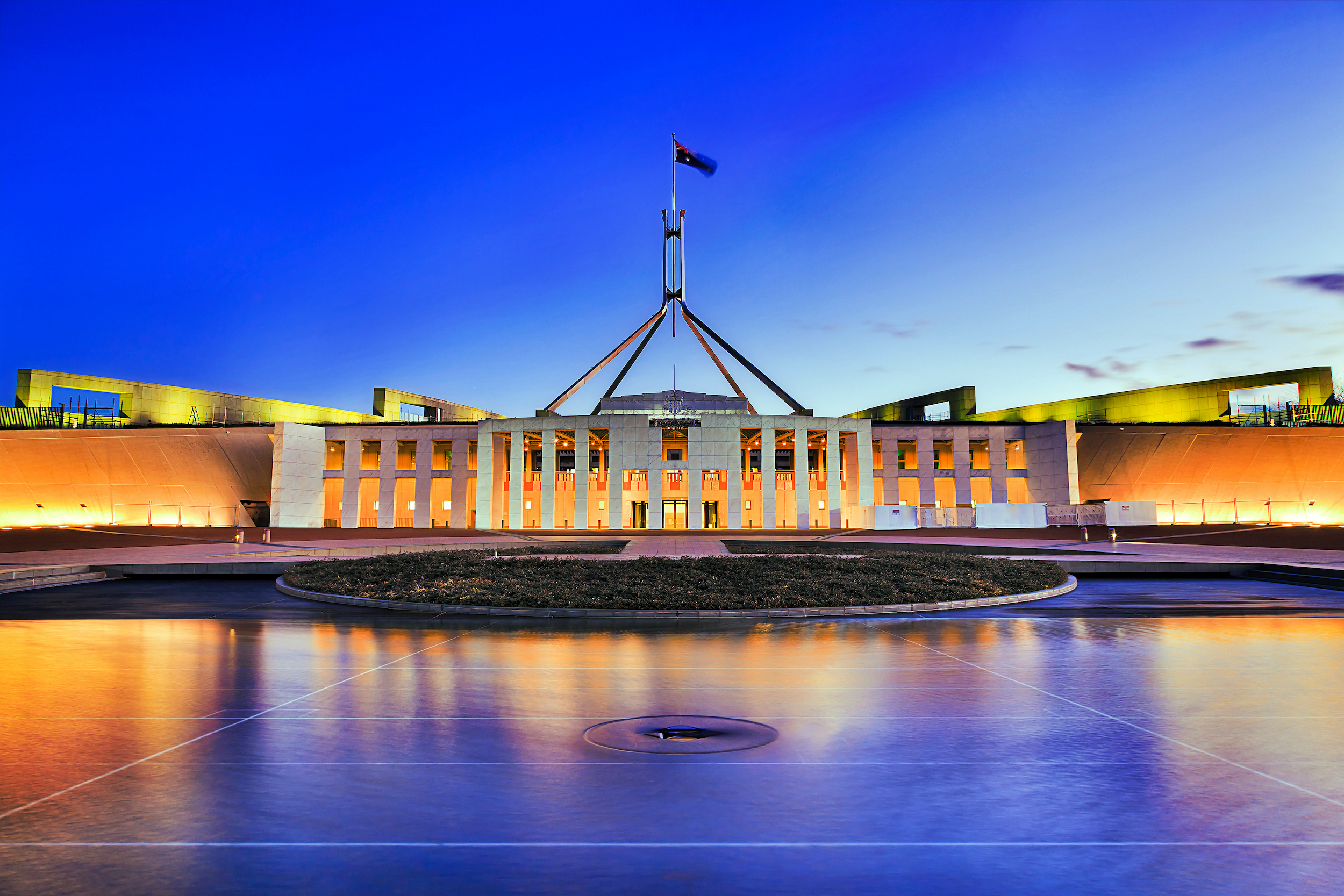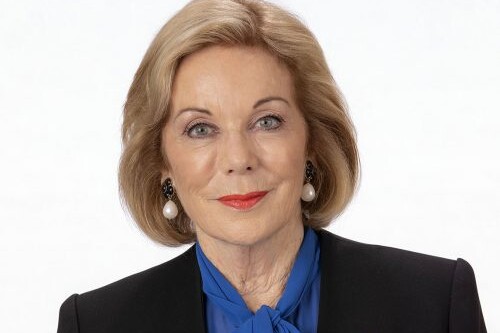ABC celebrates 90 years
30 June 2022
"For 90 years the ABC has been a vibrant and crucial part of the Australian way of life"
Ita Buttrose, ABC Chair
The Australian Broadcasting Corporation, is marking its 90th anniversary. What’s it doing to celebrate? And what does the future have in store?
On 1 July 1932, the ABC began its first ever radio broadcast. It was Conrad Charlton who spoke the first words – “This is the Australian Broadcasting Commission” – while sat alongside then Prime Minister, Joseph Lyons.
90 years later, the ABC has retained its role as a critical part of the cultural fabric of Australia, and an important place in the wider media landscape. No longer just a radio broadcaster, it ventured into TV in 1956 and in the past two decades, has moved effectively into the digital space.
Anniversaries are important moments to register how far such organisations have come, as well as to reflect on the challenges it faces.
How is the ABC marking the event?
Special programmes, a new campaign, and a special cake recipe are just some of the ways the ABC is marking the anniversary.
The corporation’s flagship programme was broadcast Thursday evening. ABC 90 Celebrate! was a 2-hour TV event which was shown on ABC TV and on the online platform.
A whole host of other programmes, specials, series, and shorts were made available on ABC iView as the broadcaster invited audiences to get involved with the celebrations.
A further breakdown of all the special features which would be made available were listed on the ABC’s website.
“This is an opportunity for Australians everywhere to celebrate an institution they rely on and love,” said ABC Chair, Ita Buttrose.
The anniversary has also been used as a platform for the ABC to launch a new campaign dedicated to connecting Australians.
How significant is the ABC?
“For 90 years the ABC has been a vibrant and crucial part of the Australian way of life,” said Ms. Buttrose. “We are not just celebrating 90 years since our first broadcast, but 90 years serving the people of Australia as their national broadcaster.”
The ABC – known as Aunty – has always been an important part of Australian cultural life.
“I believe it would be generally accepted that the ABC, throughout its 80-year history, has been, and remains, one of the most important cultural institutions in this nation,” said former ABC Chairman James Spigelman in 2012. “Indeed, a case can be made that it is our most important, single cultural institution.”
Over the past decade, the ABC has experienced a tense relationship with the government. This has been a theme throughout its entire existence. In its first years for example, powerful newspaper companies successfully lobbied the government to limit the ABC’s newsgathering capacity, and the amount of news it could broadcast. It was only with the arrival of the Second World War this role started to expand.
Throughout its 90 years, it has faced difficulties, but it has remained steadfast and committed to its mandate to provide a valued, trusted, and independent public service to audiences. And that need has never been greater than today, with the proliferation of mis- and disinformation, the rise of global streaming giants, the barriers to information, and the increasing dangers facing journalists. So what does the future hold for the ABC?
#1 trusted news brand in Australia
RISJ Digital News Report 2022
79% of Australians believe the ABC performs a valuable role in the Australian community
ABC Annual Report 2021
The ABC’s future
The ABC has big and bold plans to remain valued, accessible, and popular over the next decade and beyond. For example, it is looking into using artificial intelligence and digital technologies to make content more personalised and easier for audiences to find.
But there are big challenges ahead of it. It will have to engage with audiences at a time when there is a declining trust in media in Australia. It will have to connect with younger audiences and ensure that all parts of Australian society are represented and catered for within the ABC. The organisation itself is also looking into ways to make its processes more efficient and to navigate the impact of climate change.
Such plans are in development during a time of significant change in the wider political landscape. Australia’s May general election resulted in the left-wing Australian Labor Party (ALP) defeating the right-wing coalition government.
The change in office is hoped to mark a positive change for the government’s relationship with the public broadcaster but this still remains to be seen. “Certainly, Labor governments have been perceived as being more supportive, or at least less overtly hostile”, said Terry Flew, Professor of Digital Communications and Culture at the University of Sydney.
One area where the ABC can expect to evolve is in the Pacific. During the election campaign, the ALP signalled the ABC would have a role to play in countering China’s rising influence.
Meanwhile, the ABC will have to adapt to challenges which are confronting public service media organisations worldwide. Competition with global streaming giants is putting pressure on domestic media companies’ budgets. Rife misinformation spread through social media platforms is reducing trust in traditional media companies. Adapting consumer habits are forcing public service media to evolve.
But for 90 years, the ABC has been a cornerstone of Australian civic life, a bastion of independent journalism, and a fundamental pillar of democracy. It is critical the ABC can adapt so in these changing times, it remains relevant, valuable, and independent, and continues to keep Australians informed, educated, and entertained.
Header image: Melbourne, Victoria / Australia – July 22nd 2019: Colourful ABC Australian Broadcast Commission logo at building location. Credit: Matt Leane / Shutterstock.com
Related Posts
21st April 2022
All Australians invited to join the ABC’s 90th birthday celebrations
The ABC, turns 90 this year and is…
5th April 2022
ABCQueer: Australia’s public broadcaster representing marginalised groups
ABCQueer is the Australian public…



